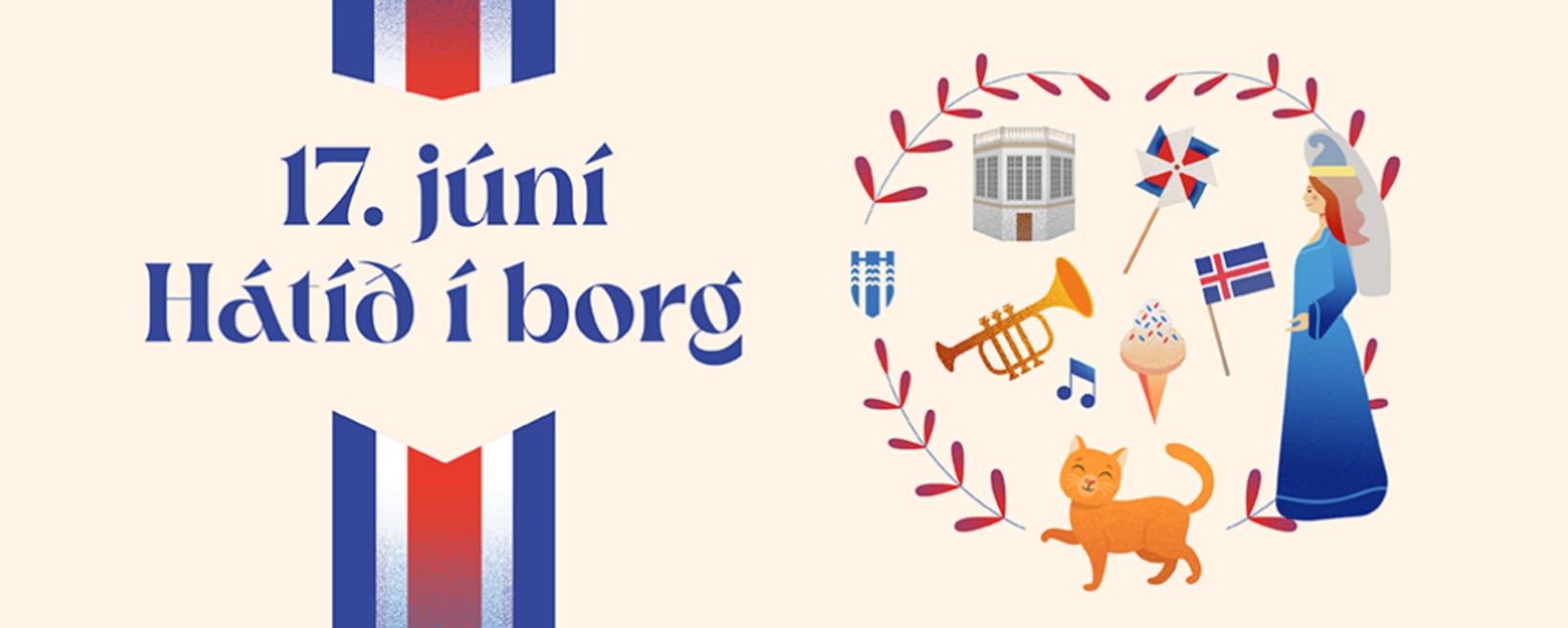Direction about your own dying: ‘Dying has become damn difficult’
/s3/static.nrc.nl/images/gn4/stripped/data131491856-67b7e3.jpg|https://images.nrc.nl/8tobcFCM4_ahdEGoTdIzeViTuFQ=/1920x/filters:no_upscale()/s3/static.nrc.nl/images/gn4/stripped/data131491856-67b7e3.jpg|https://images.nrc.nl/miq-HOYIaNa7ETy-wgHvnoVHPok=/5760x/filters:no_upscale()/s3/static.nrc.nl/images/gn4/stripped/data131491856-67b7e3.jpg)
The father of Martje van der Brug suffered from Parkinson’s and was able to do less and less. When he was already tied to bed, he repeatedly got a bladder infection, which was always treated with a penicillin cure. « I had seen that a few times and said to my mother: Should we do this? Shouldn’t you think: embrace that this happens, this is an exit? » Her father herself was no longer able to decide on this and continued to live.
After a dragging sickbed, he died at the age of 83. Then it was her mother’s turn: she was seriously limited in her actions after a brain haemorrhage and ended up in a nursing home. Eventually she received euthanasia. That was a complicated process, partly because the general practitioner initially did not establish ‘hopeless and unbearable suffering’, the criteria prescribed by the euthanasia law.
Experiential experts
The end of life of her parents made a deep impression. Also because Martje van der Brug realized: I don’t want it that way. Van der Brug (66), copywriter and author, wrote the novel in 2016 What we do with mother over. From Tuesday there is also her non-fiction book The autonomous routeintended as a handbook for care providers and people who are interested in self -determination around the end of life. Experience experts speak to explain why they would like sovereignty, but Van der Brug mainly spoke experts-including doctors, lawyers, philosophers and medical ethics-about dying in the Netherlands. How are you if you want to die? What is possible? What is forbidden? With her book, published by Mazirel Pers and financed by Fonds let me go (that supports initiatives aimed at a self -chosen end of life), she wants to encourage people to think about the end.
When I told me that I was working on a book on this subject, people often said, « Oh, I have already arranged that. » Then they mean their life testament. But that is a false security
« Many people from my generation, just like me, have been talking for years with parents who could no longer take a turn, who were just treated. Old people used to spontaneously died of a heart attack. » But the care can be more and more, and « dying has become damn difficult, » Van der Brug notes. We are therefore in a « historical new situation, » she says.
With her book she also wants to remove a misunderstanding about euthanasia. People think that euthanasia is easy to arrange, says Van der Brug. « When I told me that I was working on a book on this subject, people often said, » Oh, I have already arranged that. » Then they mean their life testament. «
Recently warned Doctors Federation KNMG that medical passages in life tests lead to « misunderstandings and unjustified expectations. » Research among doctors showed that three -quarters of their patients thought that euthanasia with a life testament was ‘arranged’.
« But you are not entitled to anything. You are dependent on all kinds of factors: whether the doctor believes that there is hopeless and unbearable suffering, of his beliefs, or has time. If the doctor is on vacation and the observer does not want to do it, you are unlucky. Last year about ten thousand euthanas requests were rejected.
« For people with heavy medical suffering, for example in the final phase of cancer, the law works well. But there are many situations in which that is not the case: old people who no longer want to live, but are not allowed to die either. »
What do you think is the ideal situation?
« In an ideal world I would like to have will have autonomy about their end of life. When asked how exactly that should be, I don’t have a ready -made answer. My book does not offer a blueprint. »
After the death of her mother in 2017, Van der Brug became a member of Cooperative Last Will (CLW)an organization with about thirty thousand members who have a mission to be « boss of his own dying ». In 2021 she joined a CLW trial against the State, to get help with suicide from criminal law. That would enable people to say goodbye in a more humane way, in the presence of their loved ones. CLW lost in the first instance, but there is an appeal.
Do you want help with suicide to be taken from the Criminal Code?
« I am on the side of the proponents of the autonomous route. But my first priority is now: can we give the dialogue a pendulum? If help with suicide would not be punishable, people could no longer end up in a cell if they assist their partner if they have taken a suicide. »
You mean Middel X, the chemical agent that cooperative last wants for a long time? That organization also advised relatives to take an active role in the dying process, because they could then be prosecuted for help with suicide.
« The judiciary can be held hard if there are suspicions of a non-natural death. The person is ultimately released, but it is traumatizing to be arrested if you have just lost a loved one. In my opinion, that is not a single social importance. I think that autonomy around the end of life should be arranged, but I would be happy for the time being.” ”
Photo Bram Petraeus
Are you referring to lawsuits about Middel X, in which people were prosecuted, including for help with suicide?
« Yes, among other things. At the moment it is almost impossible to get such means. The government seems to want you to jump before the train. I think a lot would be improved if more was tolerated. »
Dying has become damn difficult
In one of the lawsuits, relatives who found that the drug should not have been provided to relatively young people with psychological problems, who could have been helped.
« That is the tricky point that is highlighted in my book from different sides: the vulnerable people. In discussions about this, it is often said: if we release a lifelike tool, how do we protect vulnerable than? I think you should also protect non-vulnerable people. Otherwise you force a large group of people to live on for fear that a vulnerable decision makes a wrong decision.
« Dying is annoying, especially at a young age, especially for relatives. But we all die. We know that for sure. Let’s look at it with some sobriety. The question is not whether we die, but when.
« If a new car comes on the market, nobody says: this model will again make many victims in traffic. We accept that risk. But with a lifestyle we don’t want to accept that risk. While I think it is safer than a car. »
Read also
According to the Public Prosecution Service, they acted in death
You actually say: there is a risk, but we have to accept that because of self -determination?
« Yes, I think we are shooting in a cramp when we decide to avoid this entire social question in the thought of one premature death. »
Would the completed Life Act be a good solution?
« In the bill – which is probably not assumed in this cabinet term – there is an age limit of 75 years. There are also disadvantages to it, the experts I spoke to. Why should it not be allowed before, some people think that 75 is old enough to have a completed life, you are no longer a life.
Stop eating and drinking to die also happens. Many general practitioners support that.
« Someone who stops eating and drinking receives care, but it remains unpleasant. Some people I spoke find it a good alternative. I think it is such a way of dying. Apparently death should not be too easy. »
Euthanasia or other forms of rapid dying sometimes lack a thorough farewell, say critics, who think that suffering is also part of dying.
« The pope eventually died due to a stroke, a quick death, but has first tobed his health for a long time beforehand. Even in view of the road my parents went, I want to skip that last piece. I think we should be able to make the choice ourselves. »
Read also
Considerable more cases of euthanasia in 2024. ‘I want to die quietly and worthy, just like my wife’

:format(webp)/s3/static.nrc.nl/bvhw/files/2024/04/data114361795-78d76a.jpg)
:format(webp)/s3/static.nrc.nl/wp-content/uploads/2025/03/23205534/data129837154-363c8e.jpg)
:format(jpeg):fill(f8f8f8,true)/s3/static.nrc.nl/taxonomy/bf9b707-commentaar-itemafbeelding-2024.png)
/s3/static.nrc.nl/wp-content/uploads/2025/06/16193937/web-1606BIN_TUe.jpg)
:format(webp)/s3/static.nrc.nl/images/gn4/stripped/data133729780-453a5f.jpg)



